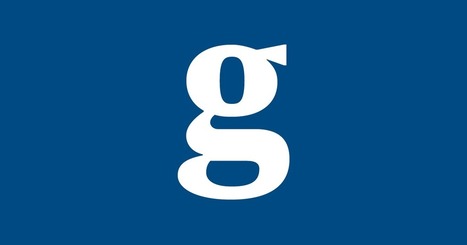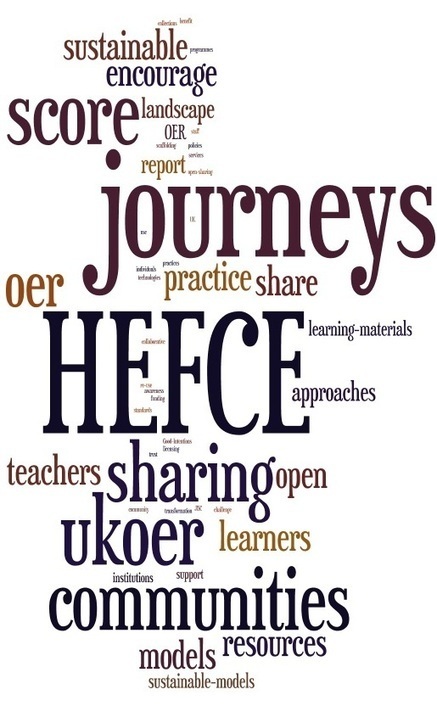Predatory publishing has been on our radar for quite a while now, but mainstream media coverage and awareness is rapidly intensifying. We have perhaps finally reached a point where the damage being done to the credibility of research may be enough to move the stakeholders involved — universities, funders, and publishers, to finally take some action. Just what that action will be is unclear — like most of our lingering problems, if there was an easy solution, it would have happened long ago. In light of the increasing debate, I thought it worth revisiting some of our coverage of predatory publishing over the years.
Get Started for FREE
Sign up with Facebook Sign up with X
I don't have a Facebook or a X account
 Your new post is loading... Your new post is loading...
 Your new post is loading... Your new post is loading...

Robert Schuwer's curator insight,
May 24, 2014 2:01 AM
From the Executive Summary:
"This report provides an overview of definitions of quality for OER, suggests a conceptual mapping and reviews the major issues related to the quality for OER. It also identifies recommendations for policymakers at European and Member State level on quality assurance and OER with a view to supporting the further development and use of OER in Europe. The outcomes of the report can be outlined as follows: - First, when reviewing a set of definitions of OER we find that they all: |
|





















